Dragon fruit, a captivating tropical cactus, its farming has started in climates like India. While its cultivation offers massive profit, it’s a sensitive crop that demands special care. From nutrient management to irrigation, dragon fruit hygiene for yield – dragon fruit farming differs significantly from other crops, and a lack of knowledge can lead to challenges, especially for new growers. Among the most crucial aspects often overlooked is proper cleaning and sanitation, which plays a pivotal role in maximizing your dragon fruit yield per acre. Let’s dive deeper into why these practices are so vital and how to implement them effectively.
The Importance of dragon fruit hygiene for yield
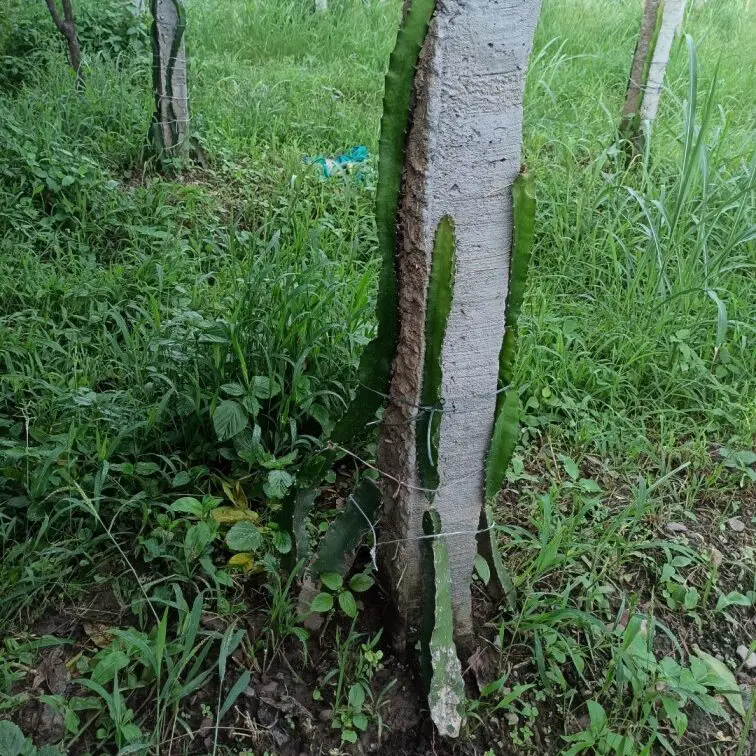
For anyone venturing into dragon fruit farming, a thorough understanding of plant care and cleanliness is paramount. Farmers often focus intently on fruit quality but tend to neglect cleaning. However, this seemingly minor habit can significantly impact both the overall yield and the health of your dragon fruit plants.
Why is Cleanliness So Crucial?
Cleanliness in dragon fruit cultivation goes beyond merely tidying up the farm or equipment. It’s a daily, ongoing process that ensures a healthy, disease-free environment for your plants. When we talk about cleanliness, we’re talking about actively working to keep your plants robust and protected from illnesses.
prevent dragon fruit fungal disease
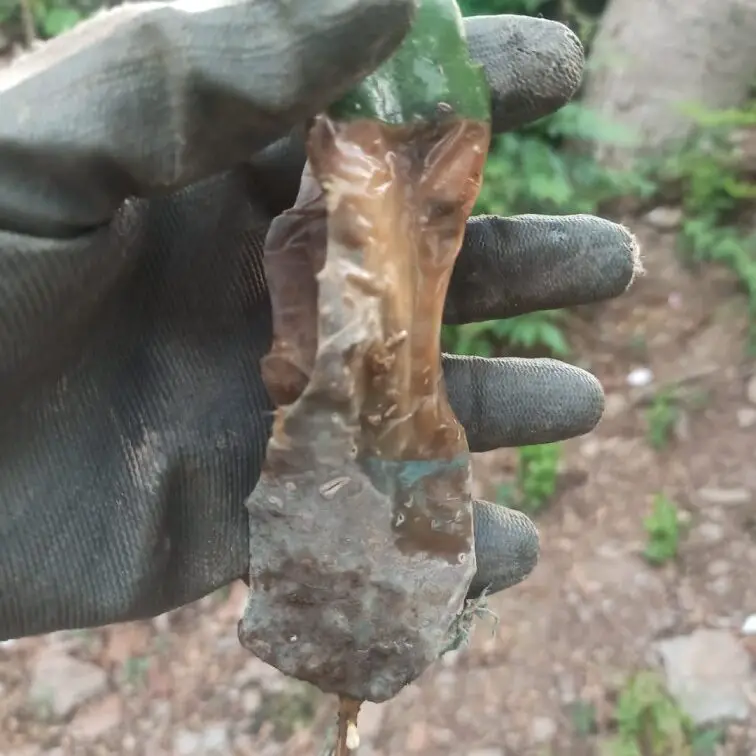
Fungal infections are one of the biggest headaches in dragon fruit farming, and their prevention is absolutely essential. dragon fruit hygiene for yield are particularly susceptible to fungal growth due to humidity. As the old saying goes, “precaution is better than cure.” By meticulously maintaining cleanliness in your fields and around your dragon fruit plants, dragon fruit hygiene for yield it can prevent dragon fruit fungal disease you can significantly reduce the risk of these debilitating fungal issues.
Controlling Diseases
Accumulated dirt and old, pruned plant debris in your dragon fruit farm can become primary breeding grounds for the spread of diseases. When fields aren’t cleaned regularly, they create an ideal environment for bacterial diseases and viruses to thrive. Tiny particles and dried plant parts contribute to the proliferation of these pathogens. This makes routine cleaning incredibly important.
dragon fruit hygiene for yield cleaning helps eliminates these disease-causing microorganisms by removing their habitat. By consistently cleaning your fields, you can prevent a wide array of diseases, ensuring your crops remain healthy and lead to a good harvest. Therefore, in sensitive farming like dragon fruit cultivation, cleanliness should be a top priority. dragon fruit hygiene for yield It not only helps prevent diseases but also directly impacts the quality of your agricultural produce.
5 Cleaning Practices to Boost Your Dragon Fruit Yield Per Acre
Implementing these five cleaning practices will go a long way in ensuring your dragon fruit plants stay healthy and productive, leading to a higher yield.
1. Always Use Gloves
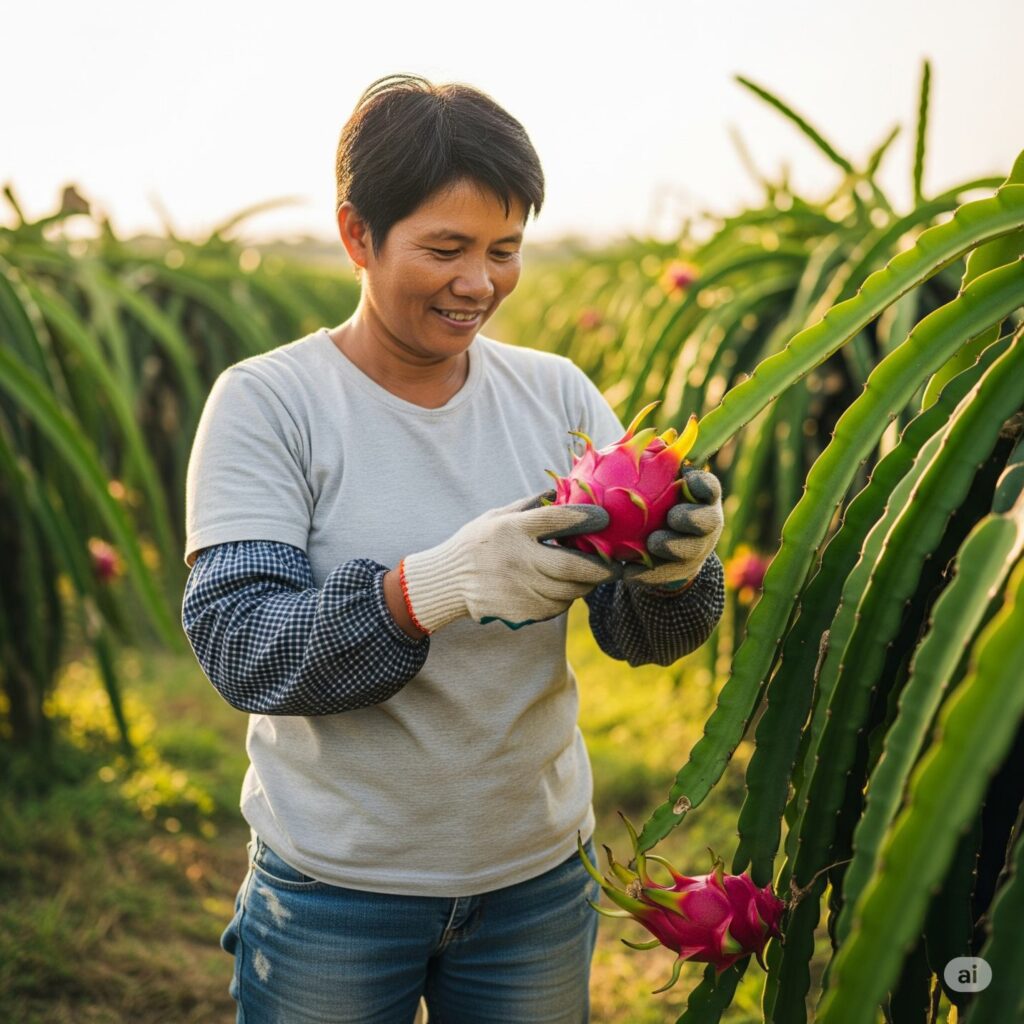
In dragon fruit cultivation, if any small issue is left unattended, it can eventually lead to a fungal problem. dragon fruit hygiene for yield Directly touching plants can inadvertently spread diseases. Therefore, make it a habit to always wear gloves when working with your dragon fruit plants. Not only do gloves protect your hands from the thorns, but they also act as a barrier, preventing the spread of potential pathogens from your hands to the plants. This simple practice can make a huge difference in disease prevention.
2. Sanitize Your Tools Regularly
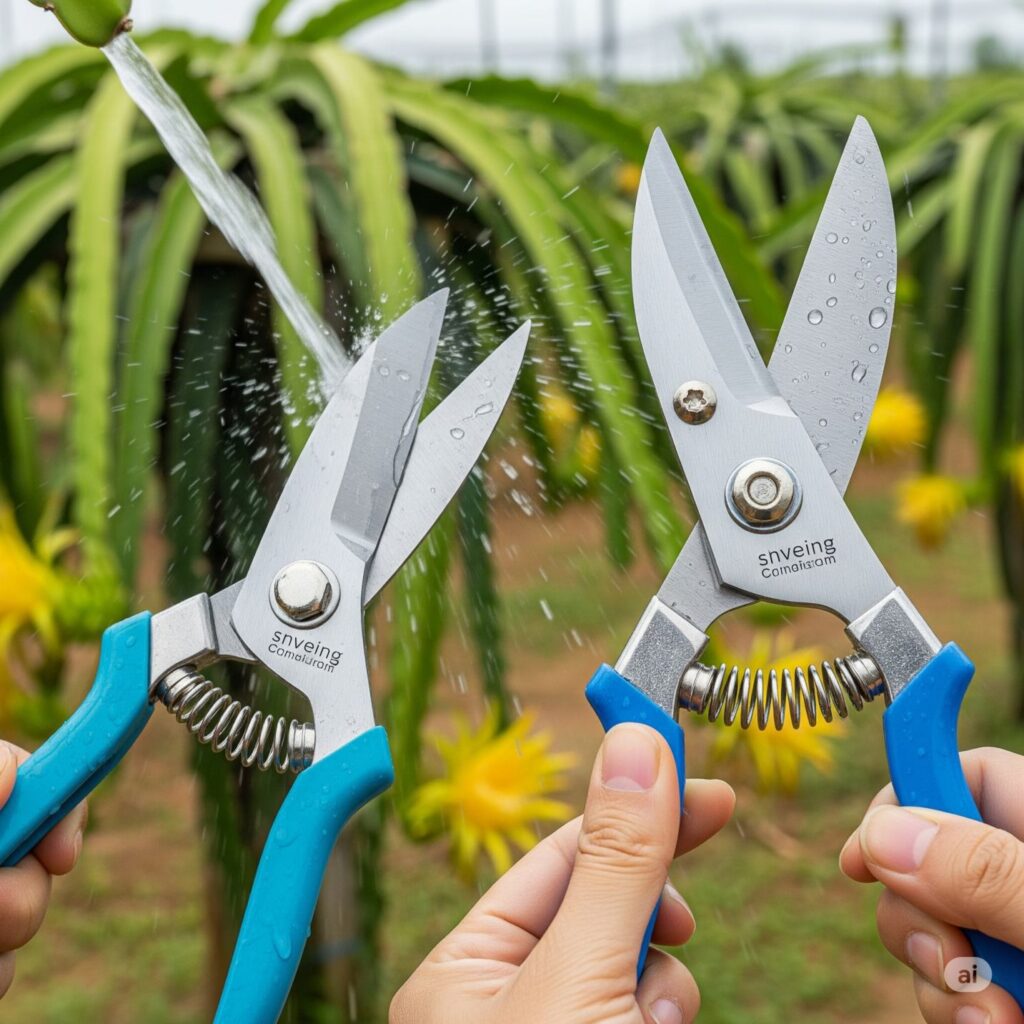
The second most critical aspect in dragon fruit farming is to keep your daily-use tools clean and sanitized. Always thoroughly clean and sanitize tools like cutters and pruning shears before each use. Using uncleaned tools can significantly increase the chances of fungal diseases spreading among your dragon fruit plants. prevent dragon fruit fungal disease Make this a non-negotiable habit to safeguard your crop.
3. Restrict Outside Visitors During Peak Winters
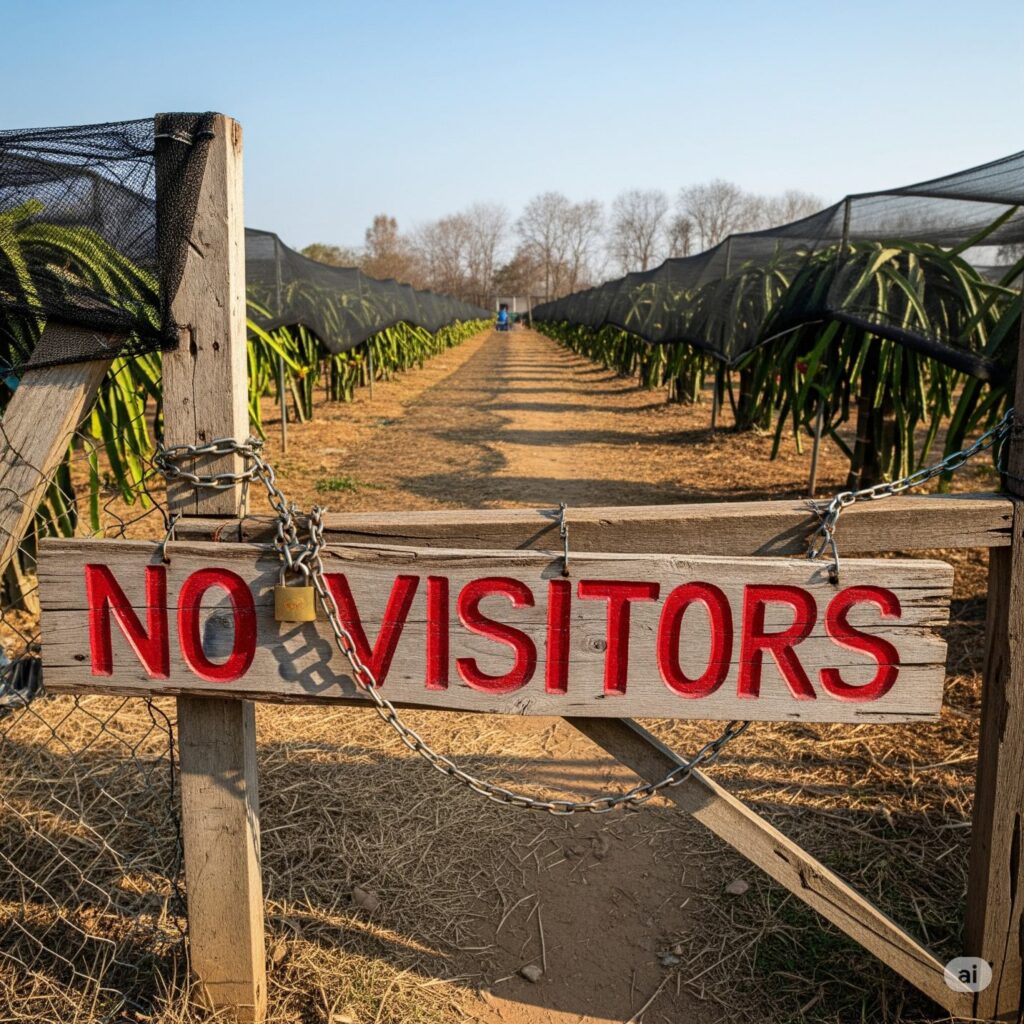
Winter is not a favorable season for dragon fruit plants, making them more vulnerable to diseases. Often, people visiting the farm from outside can inadvertently carry bacteria or fungi on their shoes. Therefore, it’s a good practice to restrict outside visitors, especially during January and February. You should also make it a point to sanitize your hands and feet before entering the dragon fruit farm yourself, or keep separate footwear specifically for inside the farm. This minimizes the risk of introducing external pathogens.
4. Consistently Remove Weeds
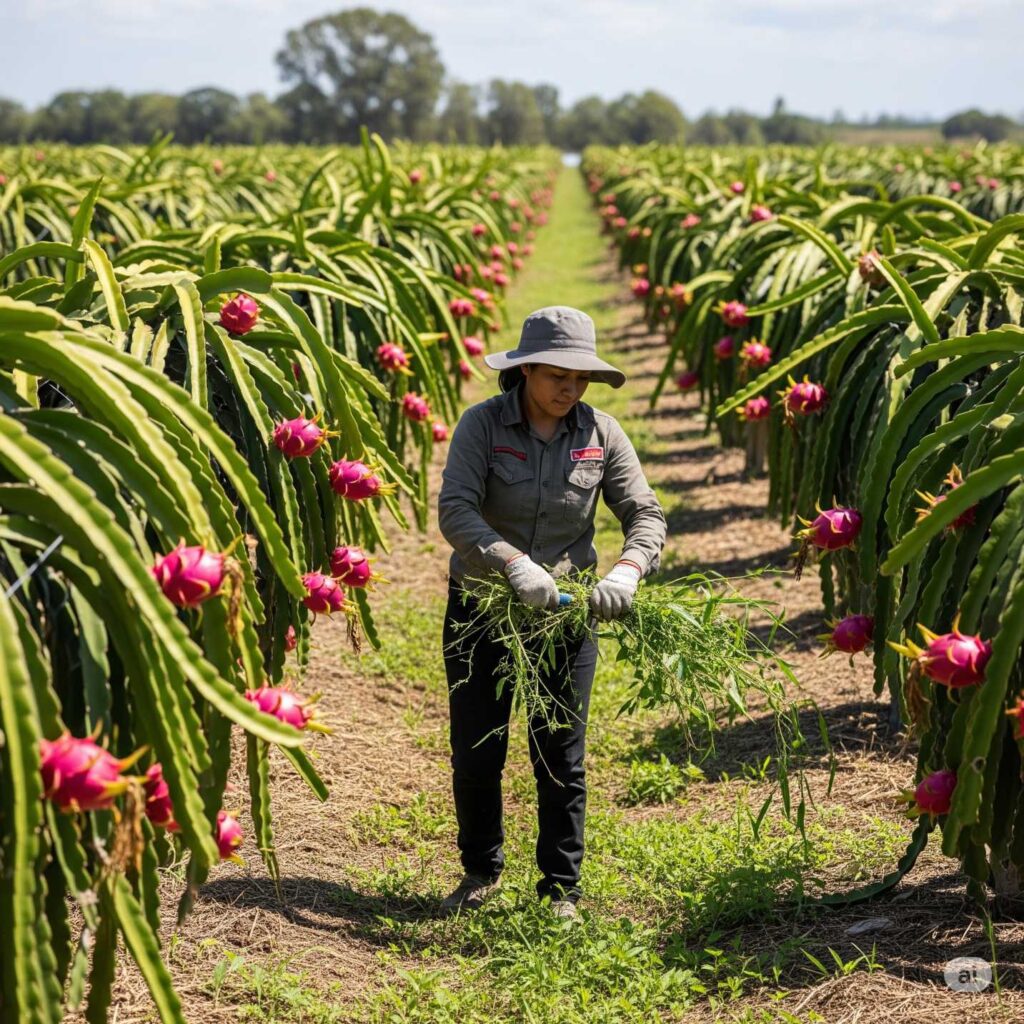
Weeds are a major nuisance in dragon fruit cultivation, as they readily steal valuable nutrients from your plants. Therefore, it’s crucial to pay close attention to weed management. If weeds are allowed to grow unchecked, they can quickly spread throughout the entire farm, especially with the onset of rains, making them incredibly difficult to control.
Excessive weed growth not only competes for nutrients but also leads to an increase in pest populations, which can then damage your dragon fruit. Furthermore, a dense weed cover reduces air circulation around the plants, prevent dragon fruit fungal disease increasing humidity, which creates an ideal environment for the spread of diseases and fungi. dragon fruit hygiene for yield Regular weed removal is an excellent practice to maintain plant health and boost yield.
5. Designate a Separate Area for Manure and Compost
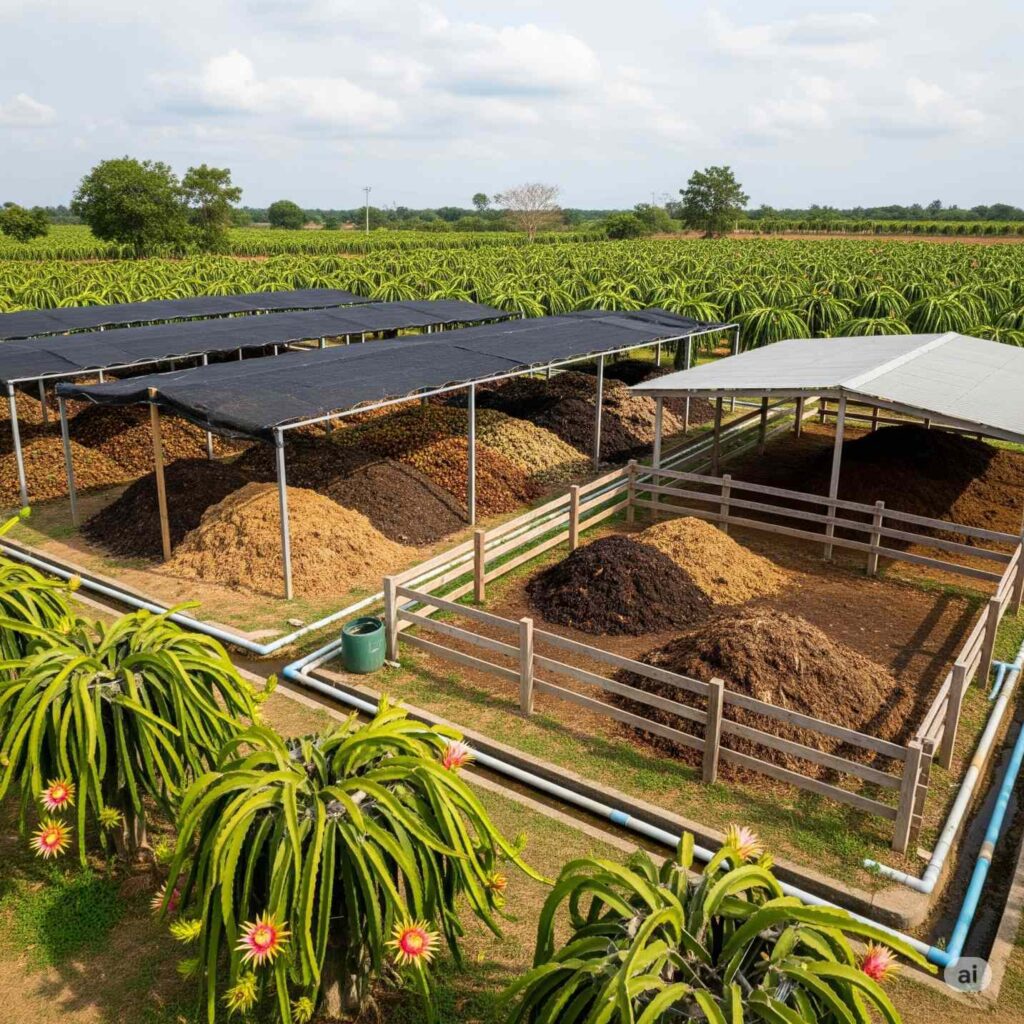
In dragon fruit cultivation, you’ll need to apply fertilizer three to four times a year. Sometimes, farmers buy bulk manure and store it in one place to turn into compost. It’s crucial to ensure that manure, organic compost, or any similar material is not placed in an area where you frequently walk. dragon fruit hygiene for yield – Walking through such an area daily can lead to manure sticking to your feet and spreading throughout the farm. If it finds favorable moisture conditions, it can become a source of fungal infections. Therefore, designate a specific corner for manure and compost, and ensure every item on your farm has a designated place.
Tip of the Day: The Power of Proactive Soil Health with Trichoderma and Pseudomonas
Beyond the daily cleaning practices, a powerful proactive measure you can take to significantly boost your dragon fruit yield and overall plant health is the regular application of beneficial microorganisms like Trichoderma and Pseudomonas. These aren’t just fertilizers; they are living, prevent dragon fruit fungal disease beneficial fungi and bacteria that work symbiotically with your plants and the soil.
Trichoderma is a common fungus that acts as a natural fungicide. When introduced into the soil, it colonizes the root zone of your dragon fruit plants, creating a protective barrier against harmful soil-borne pathogens. It actively competes with and even parasitizes disease-causing fungi, like Fusarium and Pythium, which can cause root rot and damping-off diseases. By establishing itself, Trichoderma essentially “outcompetes” the bad guys for space and nutrients, preventing them from harming your dragon fruit’s delicate root system. Furthermore, some species of Trichoderma can also enhance nutrient uptake by the plants, leading to stronger, healthier growth.
Pseudomonas are a group of beneficial bacteria known for their plant growth-promoting properties. They can produce various substances that directly benefit plants. Some Pseudomonas strains can produce siderophores, which are compounds that chelate iron, making it more available for plant uptake. Iron is a crucial micronutrient for photosynthesis and overall plant vigor. Other Pseudomonas strains can produce plant hormones like auxins, which stimulate root development, leading to a more robust root system capable of absorbing more water and nutrients. Moreover, similar to Trichoderma, certain Pseudomonas species exhibit biocontrol capabilities against plant pathogens, either by producing antimicrobial compounds or by inducing systemic resistance in the plant, making it more resilient to disease attacks.
dragon fruit hygiene for yield and the best practice is to spray both Trichoderma and Pseudomonas on your farm at the change of each season. This ensures a continuous presence of these beneficial microbes in the soil, constantly working to improve soil health and protect your dragon fruit plants. A healthy soil ecosystem, rich in these beneficial microorganisms, directly translates to healthier plants, improved nutrient absorption, and ultimately, a substantial increase in your dragon fruit yield per acre. Think of it as giving your soil and plants an immune system boost, making them less susceptible to diseases and more efficient at producing delicious fruit.
By regularly following these key practices, you can prevent dragon fruit fungal disease your dragon fruit farm and plants will remain healthy and protected from diseases. Incorporating these five habits into your daily schedule will benefit your dragon fruit cultivation, leading to healthy plants and a higher yield per acre during fruiting season.
FAQ (Frequently Asked Questions)
Q1: Can I harvest dragon fruit by hand?
A1: While it might seem convenient, harvesting dragon fruit by hand can damage the plants incorrectly, leading to improper breaks. Using a clean, sharp cutter is much more beneficial for the plant’s health. Always sanitize your cutting tools before and after use to prevent the spread of diseases. Precise cuts promote better healing and reduce stress on the plant, which contributes to a healthier overall yield.
Q2: What happens if I let dragon fruit grow with weeds?
A2: Dragon fruit plants have relatively shallow root systems, while weeds often have aggressive growth. If allowed to grow together, weeds will aggressively compete with your dragon fruit for nutrients and water. The dragon fruit won’t be able to compete effectively, and the weeds will absorb most of the fertilizers and nutrition you provide. This will stunt the growth of your dragon fruit plants and significantly reduce your yield. It’s crucial to remove weeds promptly and consider using mulching to suppress their growth, ensuring your dragon fruit gets all the necessary resources.
Q3: What should be the gap between dragon fruit plants?
A3: The ideal gap between dragon fruit plants depends on the specific support structure you are using. In a ring pole structure, typically four plants are planted around a single pole. For a trellis system, a gap of one to two feet is generally maintained between plants. A two-foot gap is often considered optimal as it allows for ample air circulation and maximizes growth. Proper spacing ensures each plant receives adequate sunlight, air, and nutrients, contributing to better fruiting and overall plant health.
Q4: How often should I sanitize my farming tools?
A4: Ideally, you should sanitize your farming tools, especially pruning shears and cutters, before each use and after working on each plant. This is particularly important if you suspect any plant has a disease. A quick wipe down with a disinfectant solution (like rubbing alcohol or a dilute bleach solution) can prevent the transfer of pathogens from one plant to another, effectively stopping the spread of diseases.
Q5: Is it necessary to wear gloves even if the thorns don’t bother me?
A5: Yes, absolutely. While gloves protect your hands from thorns, their primary benefit in terms of cleanliness is preventing the transfer of bacteria, fungi, and viruses from your hands to the plants, and vice versa. Even if your hands appear clean, they can carry microscopic pathogens. Gloves act as a protective barrier, making them an essential part of maintaining a hygienic farming environment.
Q6: Can I use chemical weed killers instead of manual weeding?
A6: While chemical weed killers (herbicides) can be effective, they should be used with extreme caution in dragon fruit cultivation. Dragon fruit plants are sensitive, and herbicides can sometimes cause damage or negatively impact the soil’s beneficial microbial life. For new farmers, manual weeding or using mulching is generally a safer and more environmentally friendly approach. If you must use herbicides, choose them carefully and apply them precisely to avoid contact with your dragon fruit plants.
Q7: How does good air ventilation help in dragon fruit farming?
A7: Good air ventilation is crucial for dragon fruit plants because it helps to reduce humidity around the plant structure. High humidity creates an ideal environment for the growth and spread of fungal diseases. When there’s proper airflow, moisture on the plant surfaces dries more quickly, discouraging fungal development. This is especially important in dense plantings or during humid seasons. Practices like proper plant spacing and consistent weed removal directly contribute to better air ventilation.
Q8: What kind of gloves are best for dragon fruit farming?
A8: Durable, puncture-resistant gloves made of materials like thick nitrile, leather, or synthetic blends are ideal for dragon fruit farming. These materials offer good protection against thorns and can be easily cleaned or disinfected. Avoid thin fabric gloves that offer little protection and can absorb moisture, potentially harboring pathogens.
Q9: Can I just leave pruned plant parts on the ground as mulch?
A9: It’s generally not recommended to leave freshly pruned dragon fruit plant parts on the ground, especially if they show any signs of disease. These decaying materials can harbor pathogens and pests, becoming a source of infection for healthy plants. It’s best to remove all pruned debris from the farm and dispose of it properly, ideally by composting it in a separate, designated area, or burning it if local regulations allow.
Q10: How does consistent cleaning affect the quality of dragon fruit?
A10: Consistent cleaning directly impacts the quality of your dragon fruit by promoting healthier plants. Healthy plants are less stressed, more efficient at nutrient uptake, and less susceptible to diseases that can affect fruit development. This leads to larger, blemish-free fruits with better flavor and a longer shelf life. Conversely, a dirty environment can lead to diseased plants, resulting in stunted growth, smaller fruits, and a higher incidence of fruit rot or other quality issues.
If you have any question do let me know in the comment section below.
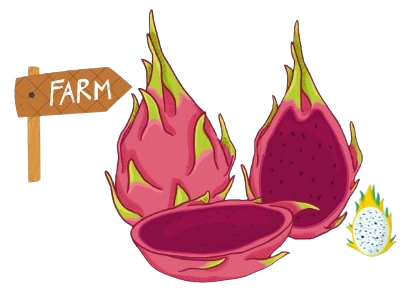

The only thing dragon fruit cultivation requires timely knowledge research before any wrong fungus or hiegien problem comes…. Really important blog post getting underway to dragon fruit cultivators around the world. 🙏🙏